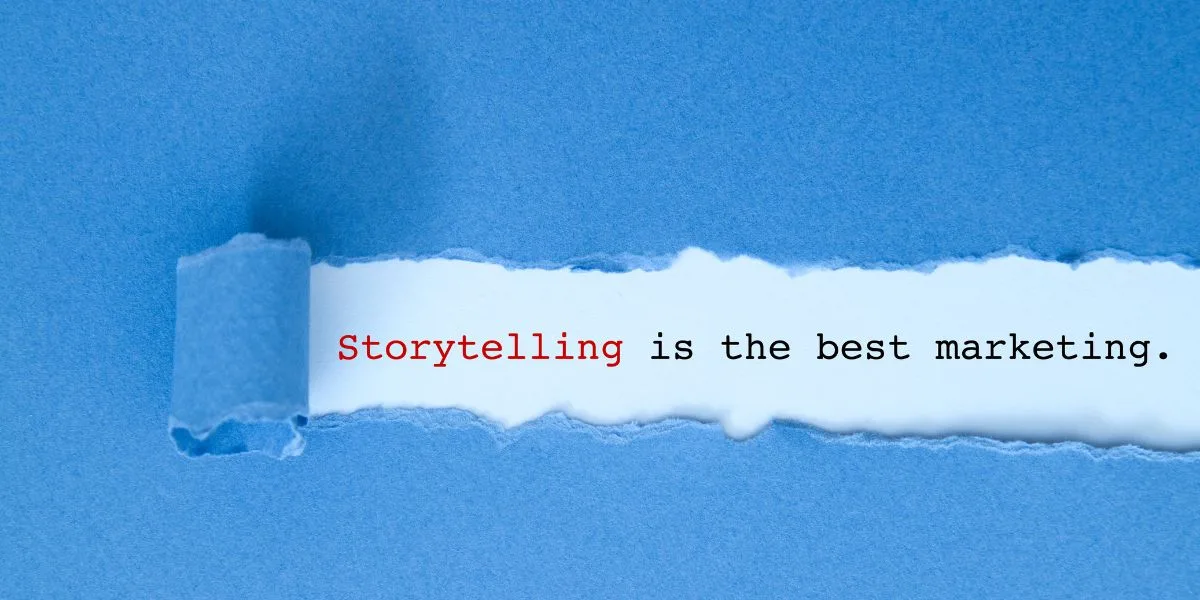Listen to this Article
Most Americans feel uncertain about their finances. Many know they should save more, plan for retirement, or get their estate in order, but fear and confusion often hold them back. This creates a major opportunity for financial advisors. By providing education and support, you can help people overcome financial anxiety, and in the process, grow your practice.
One of the most effective ways to reach new prospects at this stage of the journey is through educational events. These include financial seminars, educational workshops, and webinars. Each of these formats gives prospects a low-pressure way to learn, while giving you the chance to demonstrate your credibility and build trust.
In this blog, we’ll break down how each type of event works, why it’s effective, and how you can make it a cornerstone of your financial advisor marketing strategy.
Why Awareness and Problem Recognition Matter
Before people seek solutions, they first have to recognize they have a problem. This is the awareness stage of the client journey. Many consumers don’t know they’re financially unprepared until someone helps them see the gaps.
For example:
- A couple may assume they’re saving enough for retirement, but don’t realize they could run out of money by age 80.
- A professional may think their 401(k) is “set,” but not understand tax implications.
- Retirees may believe Medicare covers everything, but haven’t considered out-of-pocket costs.
At this stage, prospects aren’t yet ready for a product pitch. Instead, they need education, context, and reassurance. That’s where events, whether in person or online, shine.

Financial Seminars: Building Trust in Person
Financial advisor seminars have been a go-to marketing strategy for financial advisors for decades, and for good reason. Sharing a meal creates an environment that feels welcoming and familiar. Prospects can learn in a comfortable setting, ask questions, and see you as a real person, not just a salesperson.
What makes seminars powerful isn’t just the food. It’s the combination of psychology and positioning. When you host a dinner seminar, you demonstrate generosity by offering a complimentary experience. This activates the principle of reciprocity. Prospects feel you’ve already given them something of value, which makes them more open to hearing your message.
At the same time, the limited seats create scarcity. People act faster when they know space is limited. Seeing a room filled with others also builds social proof, and attendees realize they’re not alone in seeking help.
How to Maximize Seminar Success
To turn a seminar into a client acquisition tool, you need the right approach:
- Target carefully: Use data-driven lists to reach pre-retirees and retirees in your area who are likely to attend.
- Choose venues wisely: Pick well-known, centrally located restaurants that feel safe and inviting.
- Provide relevant content: Focus on real problems like outliving savings, taxes in retirement, or Medicare costs.
- End with clear next steps: Invite attendees to schedule a one-on-one consultation while the information is fresh.
Done right, seminars let you meet dozens of qualified prospects at once; something few other channels can achieve.

Educational Workshops: A Deeper Dive
While financial seminars are great for sparking interest, educational workshops go further. These are typically longer, more structured sessions, often hosted at colleges, libraries, or community centers. They attract people who are serious about improving their financial knowledge.
For example, a two-hour retirement planning workshop might cover Social Security, Medicare, investment strategies, and estate planning basics. Attendees leave with a clearer sense of their financial picture, and a stronger appreciation for your expertise.
Workshops are particularly effective because they give you time to dive into topics and showcase your teaching ability. When prospects see you as a trusted educator, they’re far more likely to become long-term clients.
Where to Host Educational Workshops
- Universities and community colleges: Partnering with respected institutions enhances your credibility.
- Employers: Offering financial wellness programs at the workplace positions you as a resource for professionals.
- Community organizations: Hosting events with chambers of commerce, libraries, or senior centers helps you reach local residents.
Workshops not only help prospects recognize their financial challenges but also demonstrate your ability to guide them through solutions.

Webinars: Reaching More People Online
Webinars exploded in popularity during the pandemic, and they remain a powerful tool in any financial advisor marketing strategy. They allow you to reach people beyond your local area and provide convenience for those who prefer learning at home.
Webinars are effective for all audiences, from younger professionals, busy parents, and tech-savvy pre-retirees. They can log in from anywhere, watch from their phone or computer, and leave with valuable insights. For you, webinars mean lower costs, repeatable content, and the ability to scale quickly.
Making Webinars Engaging
The challenge with webinars is keeping attention. Here’s how to stand out:
- Use polls, chat features, and Q&A to involve participants.
- Keep sessions under an hour to avoid fatigue.
- Share real-world examples that connect with everyday concerns.
- Record and repurpose your webinar as gated content to continue generating leads.
When done right, webinars can yield appointment ratios similar to in-person seminars, making them a must-have in your financial marketing strategy.

Blending Formats for Maximum Impact
Seminars, workshops, and webinars each have strengths. Seminars offer personal connection, workshops provide depth, and webinars deliver convenience. The best marketing strategies for financial advisors often combine these approaches.
For example:
- Use direct mail or digital ads to invite people to a dinner seminar.
- Follow up with an educational workshop for those who want more detail.
- Host webinars to nurture prospects who aren’t yet ready for a meeting.
By offering multiple formats, you meet prospects where they are, whether they prefer face-to-face interaction, classroom-style learning, or online convenience.
Adding a Strong Follow-Up Plan
Regardless of the event format you choose, follow-up is crucial. Too many advisors stop at the event and miss the real opportunity. Here’s what works best:
- Immediate outreach: Call or email attendees within 24–48 hours.
- Personalized touches: Reference something they asked about during the event.
- Multiple channels: Use phone, email, and even direct mail to stay top of mind.
- Clear offers: Always invite them to schedule a consultation or strategy session.
The goal is to continue the conversation, not let it fade. When done consistently, follow-up turns awareness into appointments—and appointments into clients.
Discover the Right Solutions for Growth
Every business faces unique challenges—our consult is designed to uncover yours and show how our proven solutions can help you attract, engage, and convert more clients.
Key Takeaway
At the awareness stage, your job isn’t to sell products. It’s to educate, engage, and build trust. Financial advisor seminars, educational workshops, and webinars all give prospects the safe space they need to recognize their financial gaps.
By making education the centerpiece of your marketing strategy for financial advisors, you not only attract more prospects but also position yourself as the guide they need. Over time, this approach creates stronger relationships, higher conversion rates, and sustainable growth for your practice.










